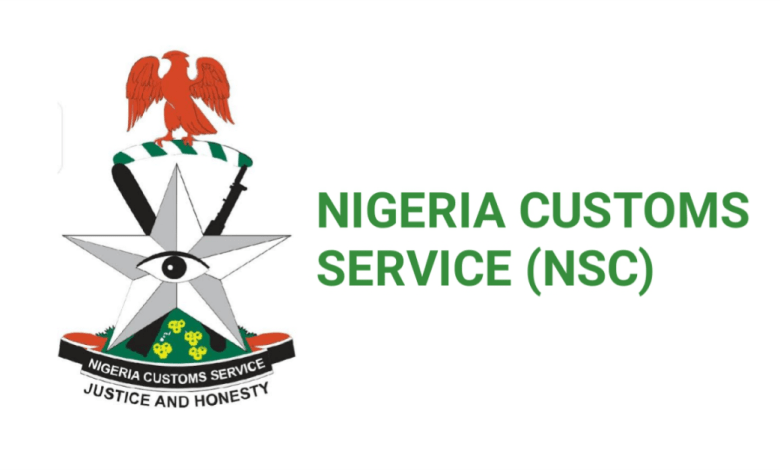The Nigeria Customs Service (NCS) has clarified the status of the ongoing Form ‘M’ documentation process, assuring stakeholders that no payment is required for the migration from the Nigeria Integrated Customs Information System (NICIS II) to the new B’Odogwu Trade Management System.
In a statement issued on Friday by the NCS spokesperson, Dr. Abdullahi Maiwada, the Service described the process as a purely technical and administrative task aimed at ensuring seamless continuity in trade documentation during the phased deployment of the B’Odogwu system across Customs Area Commands.
The statement dismissed speculations suggesting that importers or their agents are required to make payments for the migration of their Form M, emphasizing that the Service has not introduced, approved, or authorized any such fee.
“It is worth noting that at no point has the NCS introduced, approved, or authorised any fee for migrating Form M from NICIS II to B’Odogwu,” the statement reaffirmed.
Providing further clarification, the Service explained that importers and agents whose Bills of Lading or manifests have already been transmitted to B’Odogwu, but whose Form M was originally registered on NICIS II, are required to submit a soft copy of the existing Form M to the Technical Supervisor (TS) at their respective Commands. This submission, it said, will enable the Service to carry out the necessary migration at no cost to the trader.
“Upon successful migration, traders are expected to log into their dashboard on B’Odogwu, locate the already migrated ‘registered’ Form M, click to view the full details, and use the ‘Create PAAR’ button that will appear to proceed with PAAR processing,” the statement added.
The NCS also urged all stakeholders to disregard any individual or group demanding payment under the guise of facilitating Form M migration. Such activities, it said, are illegal and undermine the Service’s commitment to transparency and efficient trade facilitation.
The Service reiterated its resolve to maintain integrity, transparency, and stakeholder trust in the ongoing system upgrade.















